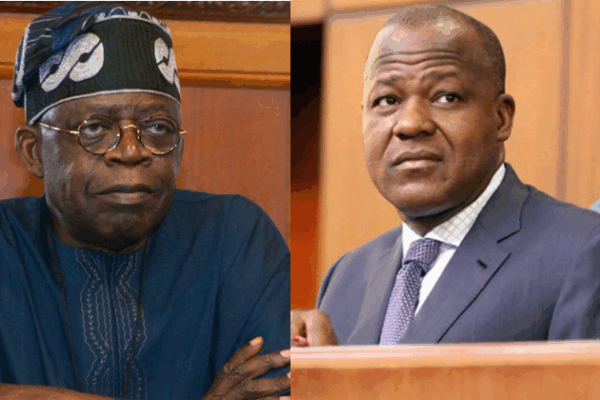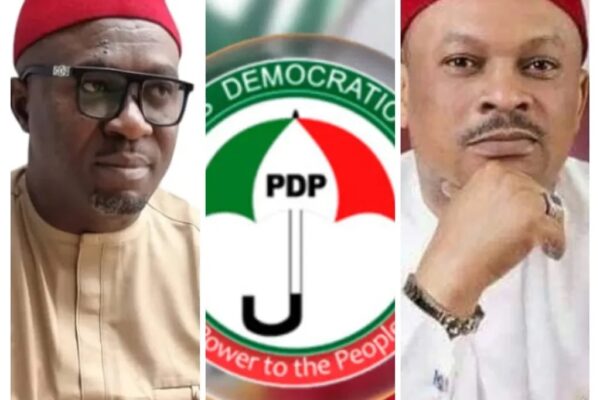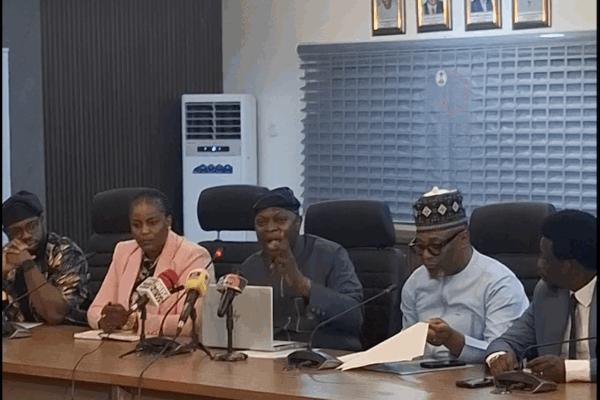
Tinubu Appoints Yakubu Dogara as Chairman of National Credit Guarantee Company
President Bola Ahmed Tinubu has approved the appointment of former Speaker of the House of Representatives, Rt. Hon. Yakubu Dogara, as Chairman of the newly established National Credit Guarantee Company Limited (NCGC) Board In a statement released on Wednesday, the Presidency announced that Mr. Bonaventure Okhaimo will serve as the Managing Director and Chief Executive Officer of the NCGC, a strategic financial institution aimed at improving lending security and easing access to credit for Micro, Small, and Medium Enterprises (MSMEs), manufacturers, and other businesses across Nigeria. Other key appointments to the board include Mrs. Tinoula Aigwedo as Executive Director of Strategy and Operations, Dr. Ezekiel Oseni as Executive Director of Risk Management, and Ms. Yeside Kazeem, a seasoned actuarial expert, as an Independent Non-Executive Director. The President also officially launched the NCGC with an initial capital base of ₦100 billion. The institution is expected to play a crucial role in boosting Nigeria’s economy by providing risk mitigation for lenders and improving access to credit for businesses and consumers nationwide. According to the Presidency, the initiative aligns with the government’s broader economic reforms aimed at strengthening financial inclusion, stimulating enterprise growth, and supporting job creation across all sectors.








